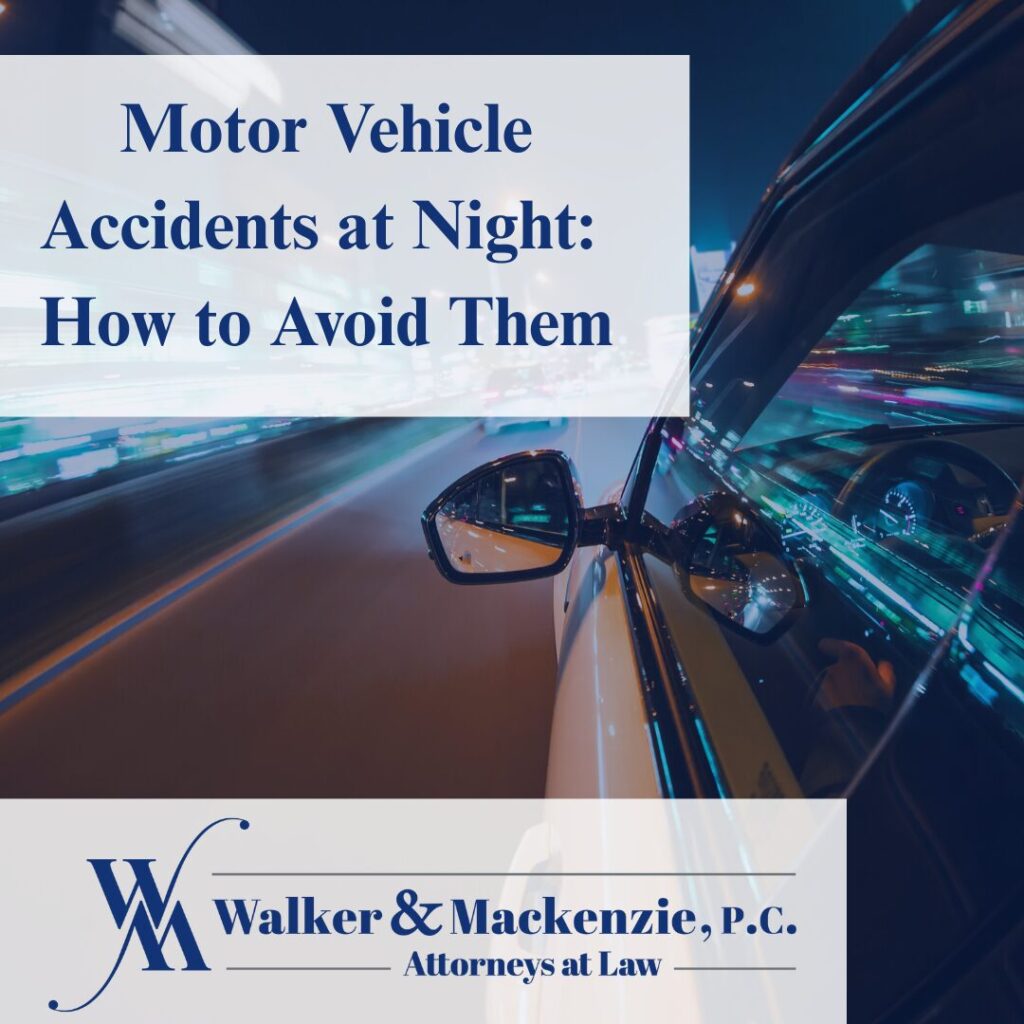
-
Maintain Your Vehicle
Before you hit the road, ensure that your vehicle is in optimal condition. Regular maintenance can prevent unexpected breakdowns and accidents. Here are some key areas to check:
- Headlights and Taillights: Ensure they are clean and functioning correctly. Misaligned or dim lights can reduce your visibility and make it harder for other drivers to see you.
- Windshield and Windows: Keep them clean to avoid glare and ensure clear visibility. Replace wiper blades regularly to handle rain effectively.
- Tires: Check tire pressure and tread depth. Properly inflated and well-maintained tires provide better traction and handling.
- Brakes: Ensure your brakes are responsive and in good condition. Faulty brakes can be catastrophic, especially in emergencies.
-
Adjust Your Driving Habits
Driving at night requires a different approach than driving during the day. Adjusting your driving habits can significantly enhance your safety:
- Reduce Speed: Lower your speed to account for reduced visibility and reaction time. At night, hazards such as animals or pedestrians can appear suddenly.
- Increase Following Distance: Give yourself more space between your car and the vehicle in front of you. This extra distance provides more time to react to sudden stops or changes in traffic.
- Use High Beams Appropriately: High beams can improve visibility on dark roads but be mindful of oncoming traffic. Switch to low beams when another vehicle is approaching to avoid blinding the driver.
-
Stay Alert and Avoid Distractions
Staying alert is crucial for safe nighttime driving. Fatigue and distractions are major contributors to nighttime accidents:
- Get Enough Rest: Ensure you’re well-rested before driving. Fatigue impairs your reaction time and decision-making abilities.
- Limit Distractions: Avoid using your phone or engaging in other activities that divert your attention from the road. Use hands-free devices if you must make a call.
- Watch for Signs of Fatigue: If you feel drowsy, pull over and take a break. Short naps or a quick walk can help refresh your mind.
-
Be Cautious of Impaired Drivers
Nighttime is often associated with higher instances of drunk driving. Stay vigilant and watch for signs of impaired drivers:
- Erratic Driving: Swerving, sudden stops, or inconsistent speeds can indicate an impaired driver. Maintain a safe distance and report suspicious behavior to authorities if necessary.
- Plan Your Route: Avoid areas known for nightlife or events that may lead to an increase in impaired drivers. Stick to well-lit and well-traveled roads whenever possible.
-
Use Technology to Your Advantage
Modern vehicles come equipped with various safety features that can aid nighttime driving:
- Adaptive Headlights: These headlights adjust their direction based on your steering, improving visibility around curves and corners.
- Night Vision Systems: Some cars have night vision technology that detects pedestrians, animals, and other obstacles beyond the range of your headlights.
- Driver Assistance Systems: Features like lane departure warnings, collision avoidance systems, and automatic emergency braking can provide an extra layer of safety.
Conclusion
Nighttime driving presents unique challenges, but with the right precautions and awareness, you can minimize your risk of accidents. Regular vehicle maintenance, adjusted driving habits, staying alert, being cautious of impaired drivers, and utilizing modern technology are all critical components of safe nighttime driving. By following these tips, you can ensure a safer journey for yourself and others on the road. Stay safe and drive responsibly!
In the unfortunate event that you or a love one is involved in a motor vehicle collision, the experienced car accident attorneys at Walker & Mackenzie, P.C. are here to help. Contact Walker & Mackenzie, P.C. today at (631) 791-5090 for a free, no obligation, consultation to review all of the legal remedies available to you!